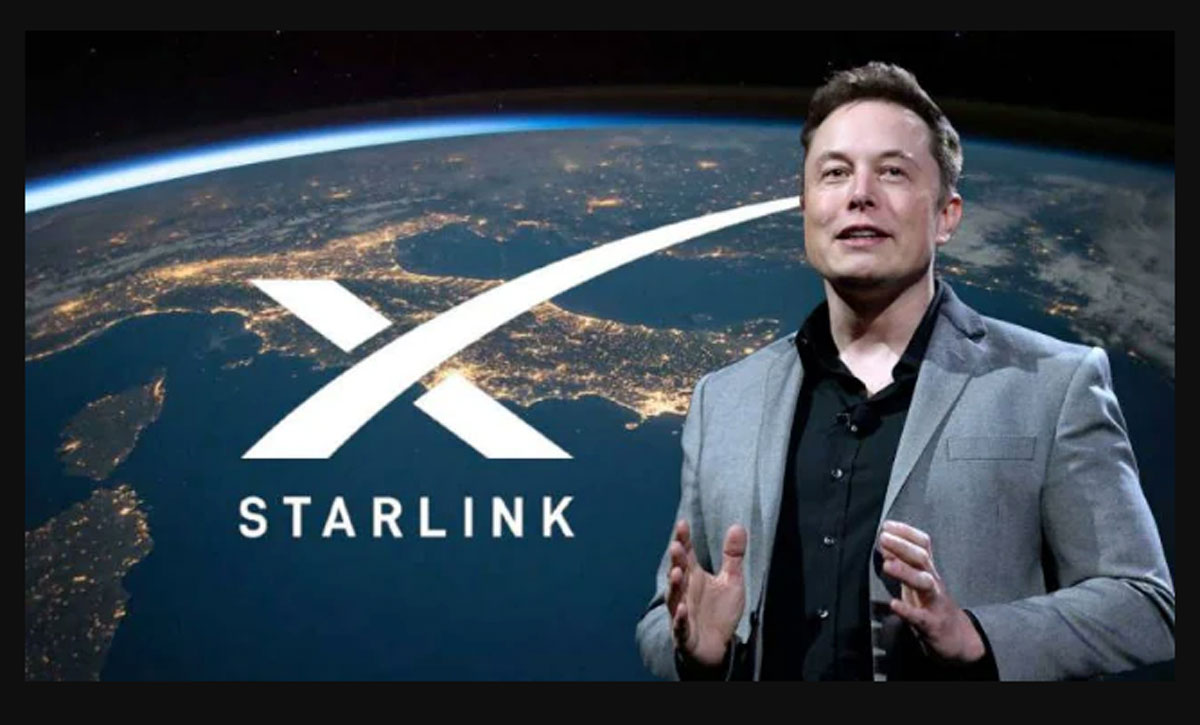Will OpenAI Go Public? IPO Rumors Explained
What Is OpenAI’s Current Status?
OpenAI, the artificial intelligence research lab behind ChatGPT, DALL·E, and GPT-4, has rapidly grown into one of the most influential tech companies in the world. Founded in 2015 as a non-profit, OpenAI transitioned to a “capped-profit” model in 2019 under OpenAI LP, allowing it to raise capital while maintaining its mission of ensuring AI benefits humanity.
Despite its success, OpenAI remains a private company. Its valuation soared to over $80 billion in early 2024, fueled by investments from Microsoft and other venture capital firms. However, the question remains: Will OpenAI go public through an IPO?
Why OpenAI Might Consider an IPO
1. Raising Capital for Expansion
AI development is expensive. Training advanced models like GPT-4 costs hundreds of millions in computing power, data acquisition, and talent. An IPO could provide OpenAI with the funds needed to:
- Scale AI infrastructure
- Invest in next-gen models (e.g., GPT-5, AGI research)
- Expand into new markets (enterprise AI, robotics, etc.)
2. Liquidity for Employees and Investors
Early employees and investors (including Microsoft, Khosla Ventures, and Thrive Capital) may push for an IPO to cash out their stakes. Stock options and equity compensation are common in Silicon Valley, and going public would allow stakeholders to monetize their holdings.
3. Competitive Pressure
Rivals like Google DeepMind, Anthropic, and Meta are aggressively investing in AI. A public offering could give OpenAI a financial edge to stay ahead in the AI arms race.
Why OpenAI Might Delay or Avoid an IPO
1. Regulatory and Ethical Concerns
AI is under intense scrutiny from governments worldwide. The EU AI Act, U.S. executive orders, and global AI safety discussions could complicate OpenAI’s public market debut. Investors may hesitate if regulations limit AI monetization.
2. Profitability Challenges
Despite high revenue (reportedly over $1.6 billion annualized in 2024), OpenAI’s costs are enormous. Public investors demand consistent profitability, which may be difficult given OpenAI’s heavy R&D spending.
3. Mission vs. Shareholder Pressure
OpenAI’s capped-profit structure balances financial returns with ethical AI development. Going public could shift focus toward short-term profits, conflicting with its mission-driven approach.
Recent IPO Rumors and Speculation
Microsoft’s Influence
Microsoft, OpenAI’s largest investor (with a 49% stake), has significant influence. While Microsoft benefits from OpenAI’s private status (avoiding antitrust concerns), it may eventually push for an IPO to realize returns on its $13 billion investment.
Sam Altman’s Statements
OpenAI CEO Sam Altman has been ambiguous about an IPO. In 2021, he stated OpenAI had “no plans” to go public but later hinted that future financial strategies could change. His recent focus on AI chip ventures suggests OpenAI may seek alternative funding routes before considering an IPO.
Market Conditions
The IPO market has been volatile, with many tech companies delaying listings due to economic uncertainty. OpenAI may wait for a more favorable environment before filing.
Alternative Paths to Going Public
1. Direct Listing or SPAC
Instead of a traditional IPO, OpenAI could opt for a direct listing (like Spotify) or merge with a SPAC (Special Purpose Acquisition Company). These methods offer faster access to public markets with fewer regulatory hurdles.
2. Staying Private with Secondary Sales
OpenAI could continue raising private capital through secondary share sales, allowing early investors to exit without an IPO. This approach maintains control while providing liquidity.
3. Strategic Acquisition
A full acquisition by Microsoft or another tech giant is unlikely due to antitrust risks, but a deeper partnership could provide funding without going public.
What Would an OpenAI IPO Look Like?
If OpenAI files for an IPO, analysts predict:
- Valuation: $100B+ (based on growth trajectory)
- Timing: 2025 or later, depending on market conditions
- Underwriters: Major banks like Goldman Sachs or Morgan Stanley
- Use of Proceeds: AI infrastructure, talent acquisition, global expansion
Final Thoughts on OpenAI’s IPO Prospects
While OpenAI has the potential for a blockbuster IPO, several factors—regulatory hurdles, profitability concerns, and mission alignment—could delay or prevent it. For now, the company seems focused on scaling its AI offerings while navigating the complex landscape of private funding.
Investors, employees, and AI enthusiasts will continue watching for signs of an IPO, but OpenAI’s path remains uncertain. The decision will hinge on balancing financial growth with its founding principles of safe and beneficial AI.
(Word count: 1000)

